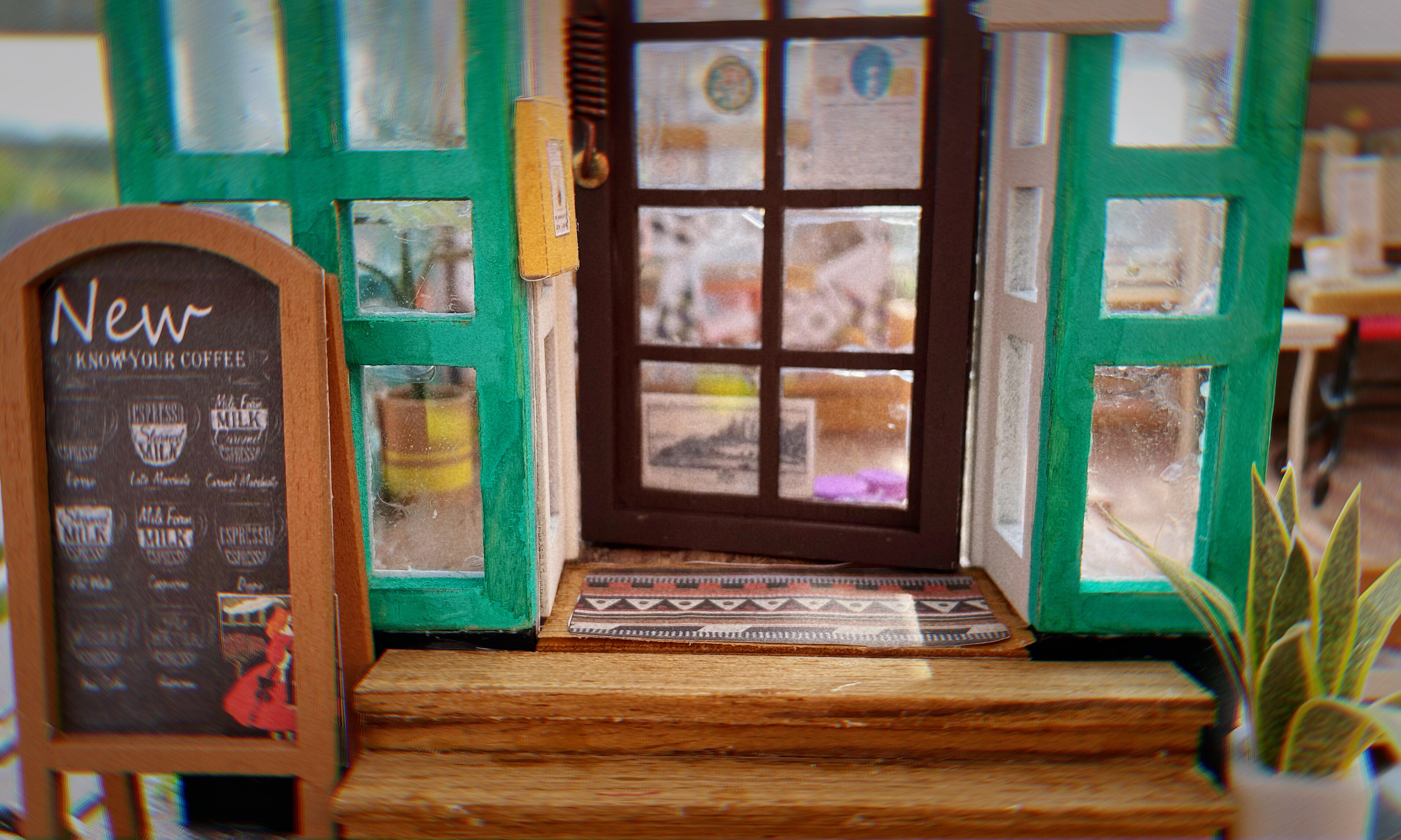“Though we used different signed languages, these Chinese Deaf people and I could make ourselves understood; and though we came from different countries, our mutual Deaf culture held us together. By the end of the evening we’d talked about Deaf life in China, and about Chinese politics.” I nodded. “You couldn’t do that in China,” he said. “No hearing person could. So who’s disabled then?”
其实读到这本书里关于唐氏综合征和自闭症的案例,我会觉得其实挺像小猫小狗的,比如和周围人沟通困难,会乱喊乱叫,会搞破坏;但好的时候又特别好,比如唐氏综合征的孩子性格普遍善良可爱,自闭症小孩虽然可能不会表达爱意,但是对熟悉的人还是偶尔会亲吻、拥抱、依偎在身旁,感觉真的很像小猫小狗。所以为什么人类对小猫小狗的情感那么正面,却很难接受举止类似的人类小孩,是因为对人类会有不一样的期待吗…(如果有冒犯的话先道个歉,目前还不是很了解这些病症,而且个体的差异性也很大![]() )
)
The dangers of seeing disability entirely as illness and not at all as identity are starkly evident in the explanation Dr. Karen McCarron gave for suffocating her three-year-old daughter, Katie, in 2008. She said, “Autism left me hollow. Maybe I could fix her this way, and in heaven she would be complete.” […] Katie McCarron’s paternal grandfather has responded to such rationalizations with indignation. “Some newspapers have reported that this was done to end Katie’s pain; let me assure you that Katie was not in pain,” he wrote. “She was a beautiful, precious and happy little girl. Each day she was showered with love and returned that love with hugs, kisses, and laughter. I am positively revolted when I read quotes that hint at condoning the taking of my granddaughter’s life.”
@ChuckL 其实我每年心态都在发生变化,所以也不好说。
目前是觉得不会因为一个小孩子是小孩子就喜欢或者不喜欢,但是我会喜欢某些性格特别可爱的小孩子,但这样好像就和喜不喜欢某个成人也一样。我也不能确信我生下来的小孩我就会喜欢,或者这个小孩会喜欢我;而且我老在思索我妈为什么要生下我,我不想被生成一个人类。如果我一直琢磨不清楚这个问题,我会害怕我的小孩也这样问我然后我答不上来。
所以目前大概是不会计划着要孩子,但如果以后有能力了然后又意外怀孕也许会留下来,看到时候的心境 ![]()
@unagi 喔~所以很好哇你的想法!

@unagi 你是因为觉得能力不够不想要么~啊~所以你本身是喜欢小朋友的?